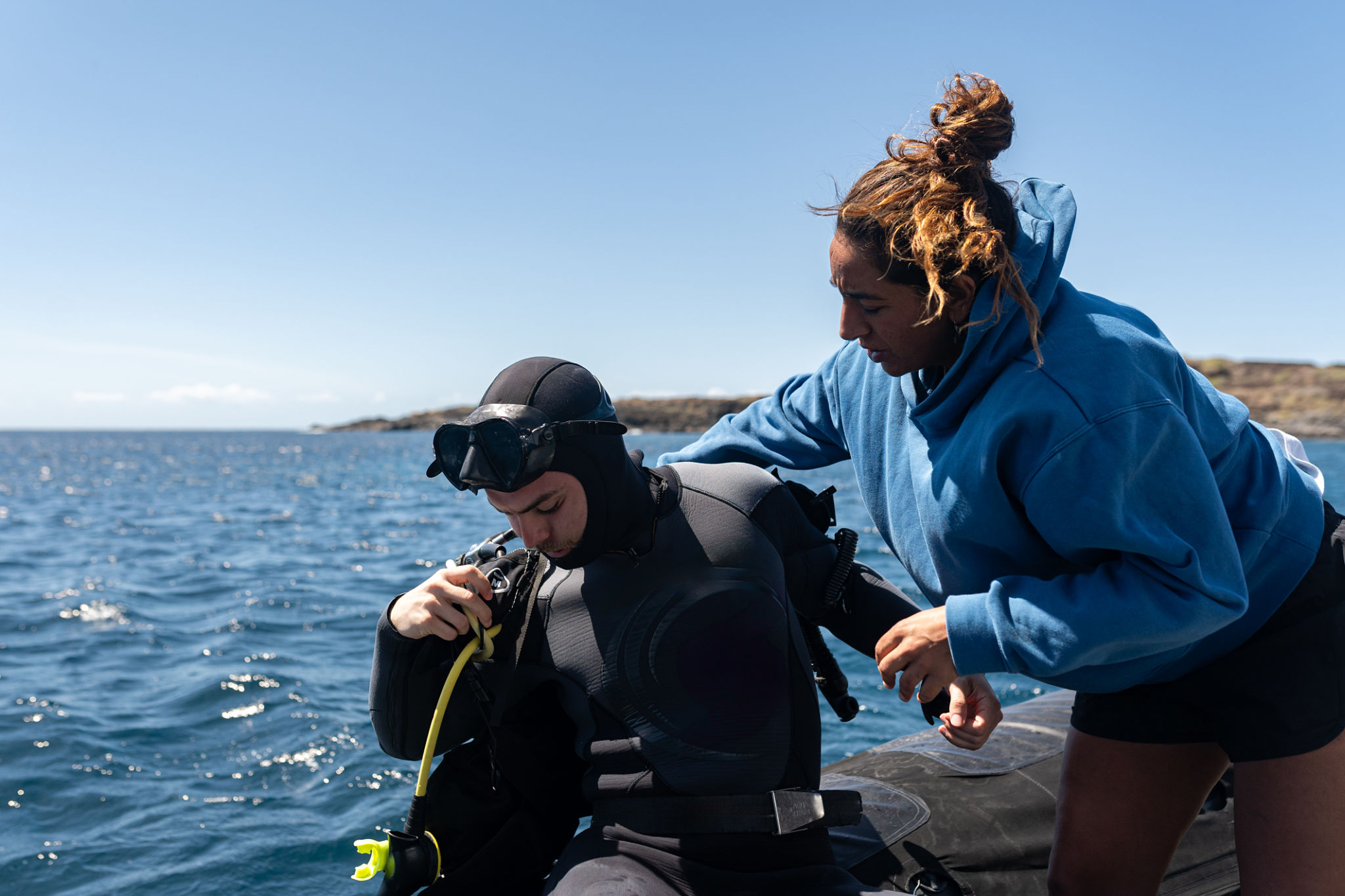How to Choose the Right Scuba Diving Course in Tampa
Determine Your Level and Goals
Before diving into selecting a scuba course, it's crucial to assess your current skill level and what you aim to achieve. Are you a beginner looking to explore the underwater world for the first time, or an experienced diver seeking advanced certification? Understanding your goals will help narrow down the course options available in Tampa.

Beginner courses typically cover the basics, including safety protocols, equipment handling, and essential diving techniques. For those with some experience, advanced courses may focus on deep diving, night diving, or underwater photography.
Research Certifications
When choosing a scuba diving course, pay attention to the type of certification offered. Reputable courses should be affiliated with recognized organizations such as PADI, NAUI, or SSI. These certifications are internationally recognized and ensure that the training meets industry standards.
It's also important to consider the longevity and recognition of the certification. A well-recognized certification can be beneficial if you plan to dive in different locations worldwide.
Check Instructor Qualifications
The quality of your scuba diving experience can significantly depend on the instructor. Look for courses taught by certified and experienced instructors who have a strong track record. Reading reviews and asking for recommendations can provide insights into the instructors' expertise and teaching style.

Additionally, consider the instructor-to-student ratio. Smaller class sizes can mean more personalized attention, enhancing your learning experience.
Evaluate Course Content and Duration
Review the course syllabus to ensure it covers the topics and skills you're interested in. A comprehensive course should include both theoretical lessons and practical diving sessions. The balance between classroom time and open water dives is crucial for a well-rounded education.
Consider the duration of the course as well. Some courses may offer intensive weekend programs, while others might spread the training over several weeks. Choose a schedule that fits your availability and learning preference.

Compare Costs and Equipment
Scuba diving courses can vary significantly in price. While it's tempting to choose the cheapest option, ensure that the course offers good value for money. Check what is included in the fee, such as equipment rental, study materials, and certification costs.
Having your own equipment can be an advantage, but if you're not ready to invest, make sure the course provides high-quality gear. Proper equipment can make a big difference in your diving experience.
Visit the Dive Center
If possible, visit the dive centers you're considering. This will give you a feel for the facilities and the overall environment. A well-maintained dive center with modern equipment is a good indicator of a quality course.
Don't hesitate to ask questions about safety protocols, emergency procedures, and the support available to students. A reputable dive center will prioritize safety and be transparent about its practices.
